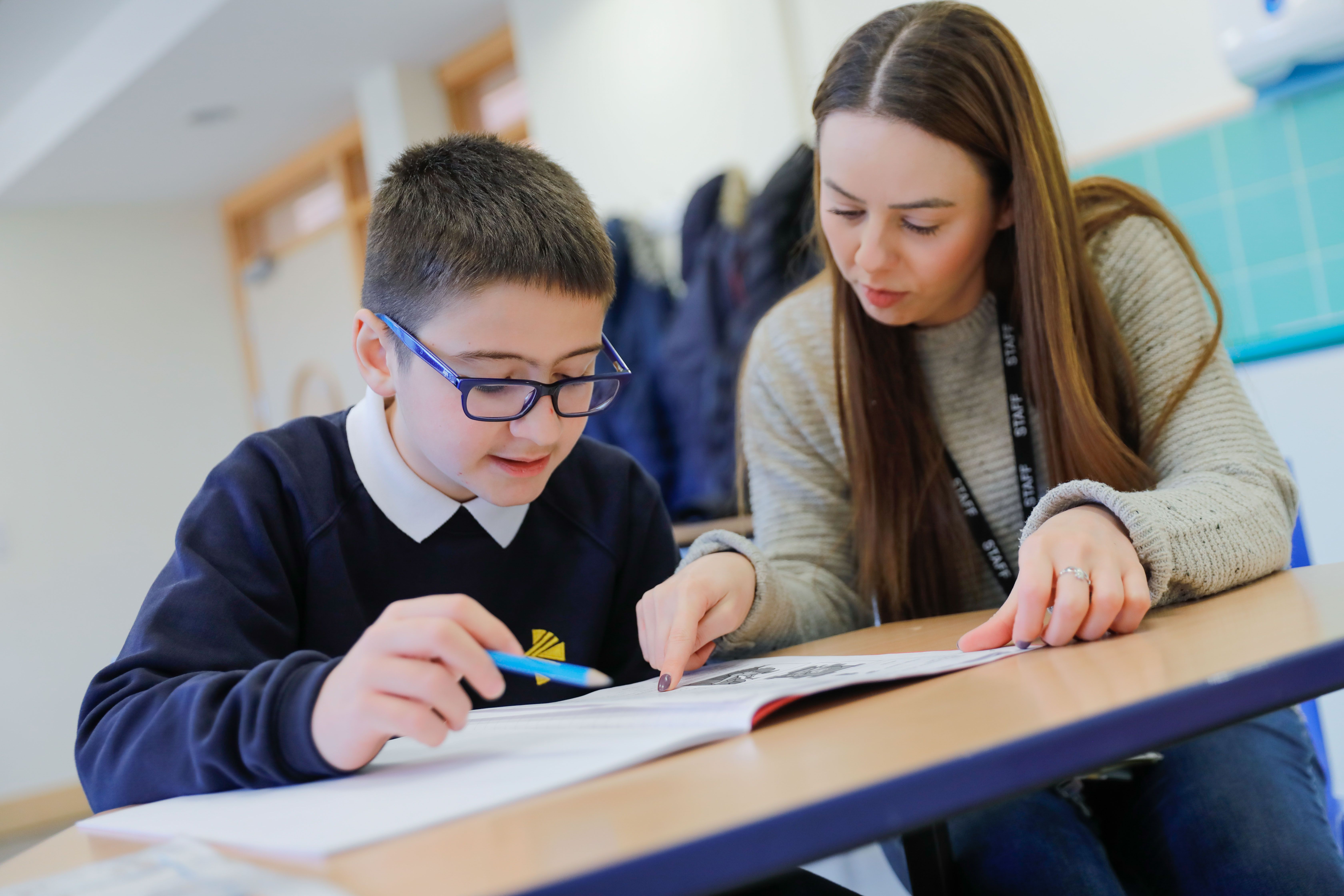Durants School Covid-19 Catch Up Funding
Durants School Covid-19 Catch Up Funding
The government announced £1 billion of funding to support children and young people to catch up lost time after school closure. This is especially important for the most vulnerable and disadvantaged backgrounds.
While schools can use their funding in a way that suits their cohort and circumstances, they are expected to use this funding for specific activities, which will help pupils catch up on missed education due to the COVID 19 Pandemic.
Catch – Up Funding Plan
Our School: Durants School is an 11-19 Special school for pupils with moderate to complex autism. Our pupils experience many difficulties that hinder their progress and achievement that we must support our pupils to overcome. As such, our approach is designed to ensure that we are able to provide an education that is evidence-informed and tailored to the educational requirements of each individual pupil. The concept of ‘catch up’, within our setting does not reflect that of peers within a mainstream setting as all of our pupils are working already below age expected levels. As a school, our priorities for the pupils are to ensure they are individually assessed with regards to their academic and personal development in order to establish the impact of COVID 19. From this we can put in place a personalised learning program that enables each pupil to continue to build upon learned skills and knowledge and also revisit and relearn any skills or knowledge affected through missed education since March 2020.
As such, our focus for expenditure will be on:
1. Delivering high–quality education that helps our pupils to reach their full potential, promotes their development, and aims to prepare them for the opportunities, responsibilities, and experiences of later life.
2. Providing additional support to help pupils to improve their social, emotional, and mental health wellbeing. This is especially important due to the particular needs of our pupils and the difficulties they have experienced having to adjust to new routines as a direct result of the pandemic.
Summary of the provision provided:
- New reading scheme
While language is often strongly affected by autism, this does not mean that reading and autism cannot work together. It only means that autism presents a unique set of challenges for a child, as well as for parents and teachers. According to a pair of small studies, a reading program that capitalises on the strengths of children with autism provides important benefits. It improves their reading comprehension and establishes new connections between areas of the brain involved in understanding language.
At Durants we have invested in reading resources that will enable us to help pupils develop their strengths and interests. We will be able to further support the development of reading and offer targeted 1:1 support to identified pupils.
- Interventions supporting emotional and mental health well-being.
Emotional self-regulation or emotion regulation is the ability to respond to the ongoing demands of experience with the range of emotions in a manner that is socially tolerable and sufficiently flexible to permit spontaneous reactions as well as the ability to delay spontaneous reactions as needed. Pupils with Autism can see the world very differently. The information they receive from their senses can be processed differently and lead to a lot of confusion and anxiety. At Durants, we strive to help pupils to manage their anxieties and learn to self-regulate. We also support our pupils to understand the world around them by providing an enriching but predictable curriculum where pupils can learn routines and structures.
The effects of the pandemic have affected our lives in so many ways. To a person with autism who relies on structure and routine to predict and make sense of the world, these changes have been catastrophic and affected their mental health and well-being significantly.
To help our pupils, we purchased sensory equipment for classes to use with targeted pupils throughout the day to help them to regulate themselves, manage their behaviour, and therefore be in the best state for learning.
We invested in the modernisation of the Sensory room and Wize room to enable our pupils to access these purposeful spaces as and when needed. The aim of this intervention was to support pupils with their emotional and mental health well-being as many of them struggled with returning to school and readjusting back to their routines.
Monitoring:
To measure the impact of this funding we will use a range of approaches to collect, collate and analyse data on pupil progress, including measuring the impact of the above interventions on progression. The impact of the implemented interventions is also monitored through the EHCP review meetings.




















